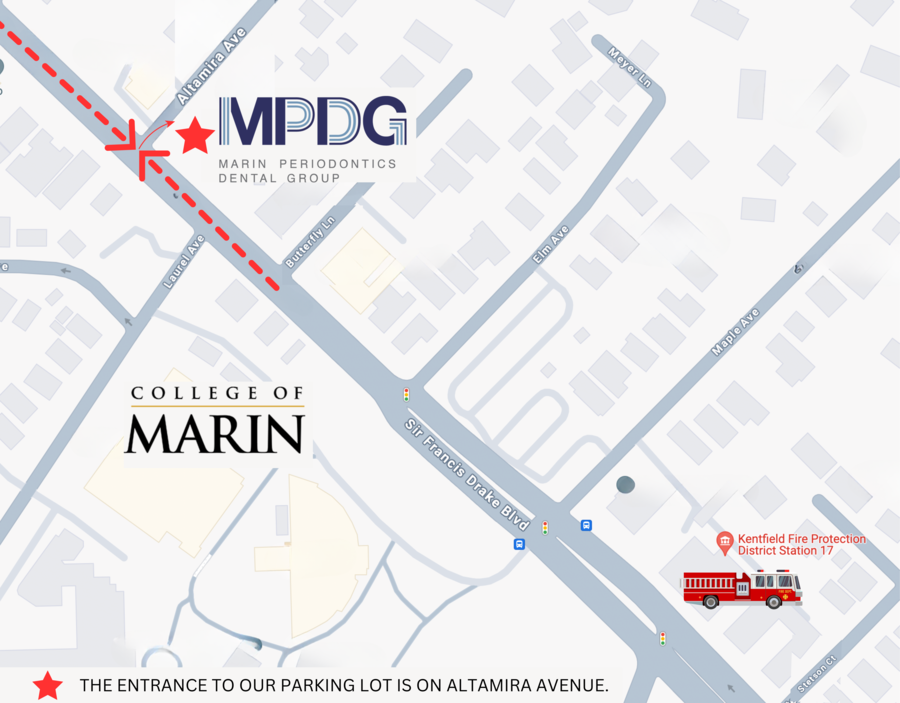Understanding Gum Disease
Gum disease is a major periodontal disease that occurs when there is a buildup of bacteria in the mouth that begins to eventually attack the gum tissues around your teeth. The advancement of periodontal disease results in bone loss within the jaw and shortly after tooth loss can happen. The subtlety of the signs and symptoms of gum disease make it difficult to notice it is occurring.
Causes of gum disease:
A buildup of plaque is one of the most common causes of gum disease. Also, smoking can cause some issues in terms of the regular functions of the cells within gum tissue which makes your mouth more vulnerable to infections such as gum disease. In addition, some medications that cause mouth dryness could contribute to the spread of bacteria and allow bacteria to spread more easily. Lastly, other issues that cause gum disease are nutritional problems, crooked teeth, family history, and hormonal shifts.
Symptoms of gum disease:
- Bleeding gums
- Bad Breath
- Receding Gums
How Is Gum Disease Treated:
Gum disease can be treated in many ways. For example, making an appointment with your dentist would be beneficial to help catch gum disease at the start. A dental cleaning is the only real way to remove plaque that has developed into tartar. Set up an appointment with your dentist and try to maintain regular checkups to help avoid developing gum disease and maintain your oral health.

